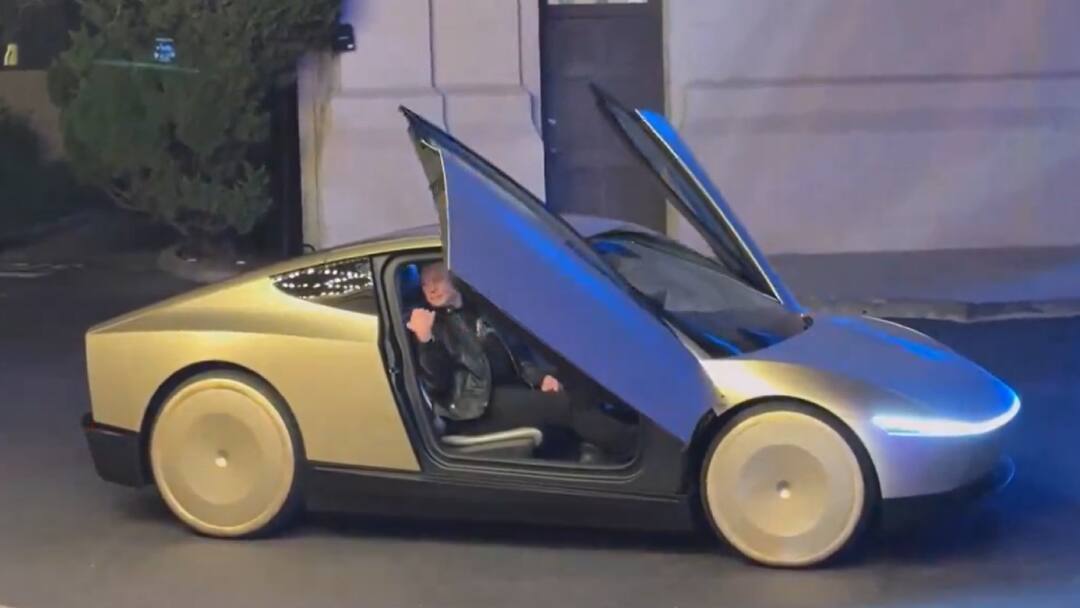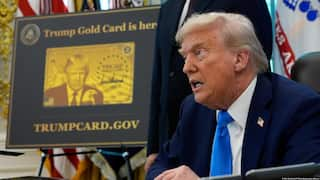Tesla Driverless Cabs To Launch In US Next Year, Elon Musk Confirms Plans
Tesla will need approval from the California Public Utilities Commission (CPUC) and the state’s Department of Motor Vehicles (DMV), which oversees autonomous vehicle deployment.

Tesla CEO Elon Musk announced that the company plans to introduce driverless ride-hailing services in California and Texas next year, a bold move that could encounter both regulatory and technical obstacles. Speaking during Tesla’s quarterly earnings call, Musk expressed optimism about launching paid rides using fully autonomous Teslas in 2024.
Tesla currently offers a ride-hailing service for employees in the San Francisco Bay Area, but Musk's remarks reinforce his recent promises of unsupervised self-driving vehicles by 2025, made during the unveiling of Tesla’s robotaxi earlier this month. Despite some investor concerns after that event, Tesla regained some market confidence on Wednesday with predictions of increased vehicle sales next year.
The future of a full self-driving Tesla:
— TESLA CARS ONLY.⚡ (@teslacarsonly) October 24, 2024
— No steering wheel.
— No pedals.
— No side mirrors. pic.twitter.com/oHxdUPLFxm
Regulatory Hurdles To Overcome
However, California poses significant regulatory hurdles. Tesla will need approval from the California Public Utilities Commission (CPUC) and the state’s Department of Motor Vehicles (DMV), which oversees autonomous vehicle deployment. Notably, Tesla has not used its autonomous vehicle testing permit since 2019, which requires a safety driver, and has not applied for a driverless testing permit.
Tesla's internal ride-hailing service for employees doesn’t need a permit since it doesn't involve paid passengers, according to the CPUC. However, getting the necessary permits for a public, driverless service will be a greater challenge.
ALSO READ: Elon Musk Shares How Much Tesla Optimus Gen 2 Robots Might Cost. It's More Than You Think
Musk acknowledged the complexities of operating in California, stating that approval is beyond their full control but expressed confidence in getting the green light by next year. Texas, which has fewer regulatory restrictions on autonomous vehicles, may see quicker deployment.
Tesla’s Full Self-Driving (FSD) system, which underpins its robotaxi plans, is under scrutiny by US regulators, including the National Highway Traffic Safety Administration (NHTSA), following several accidents involving vehicles equipped with FSD.







































